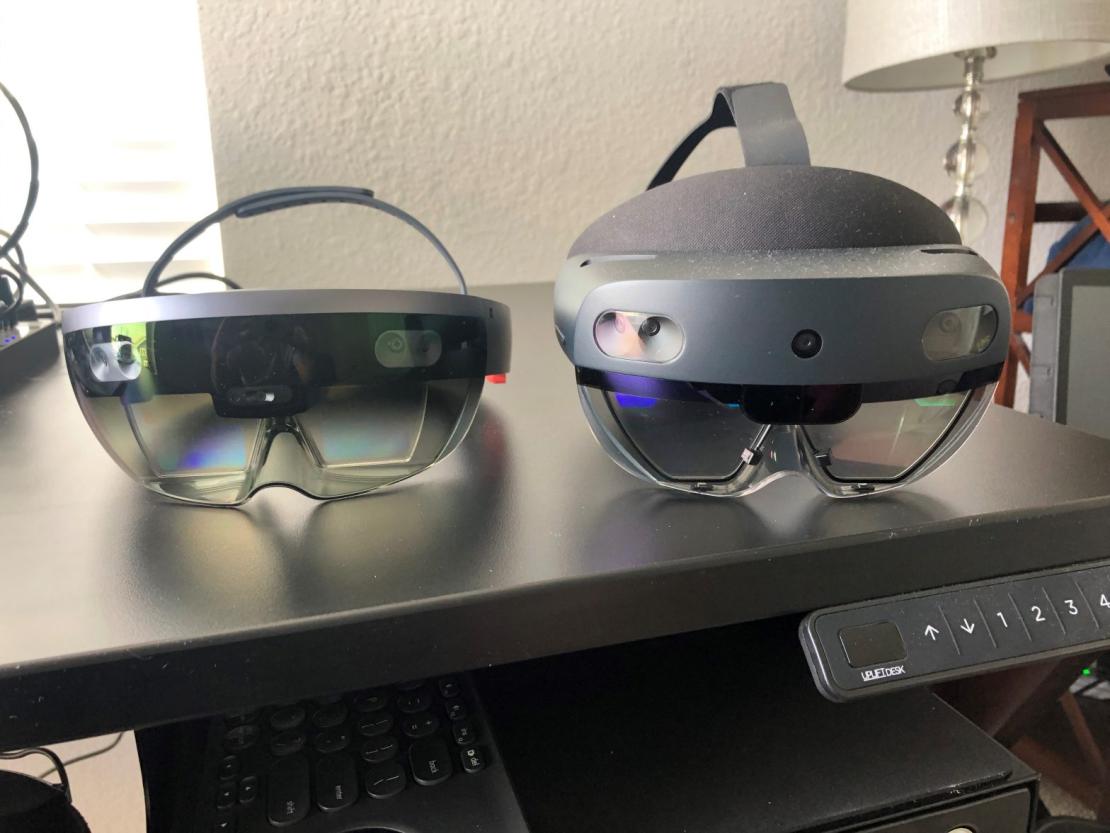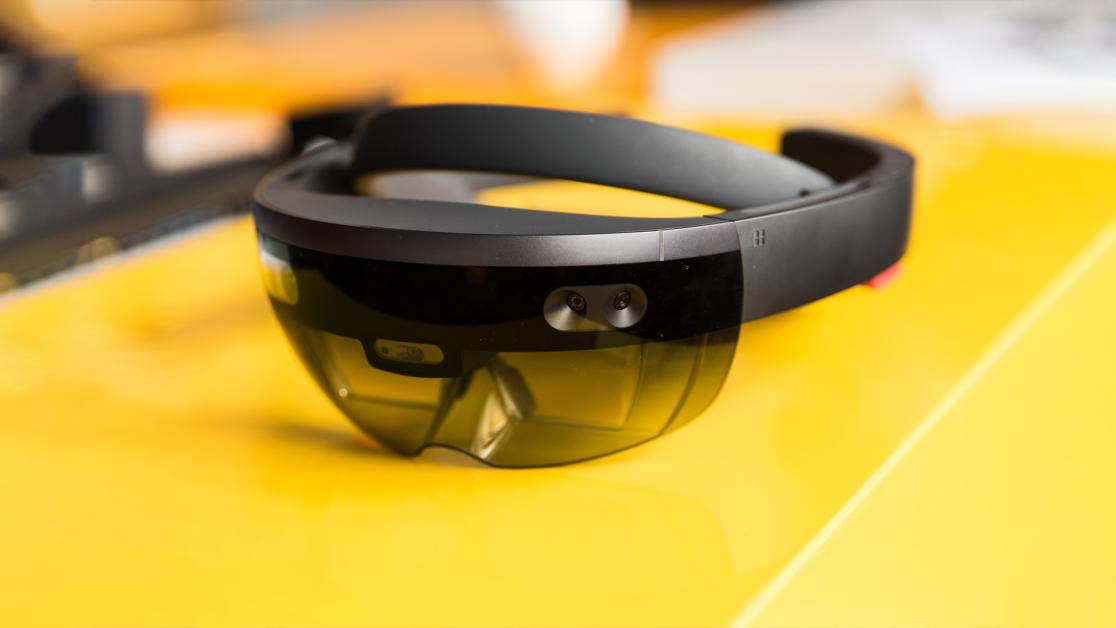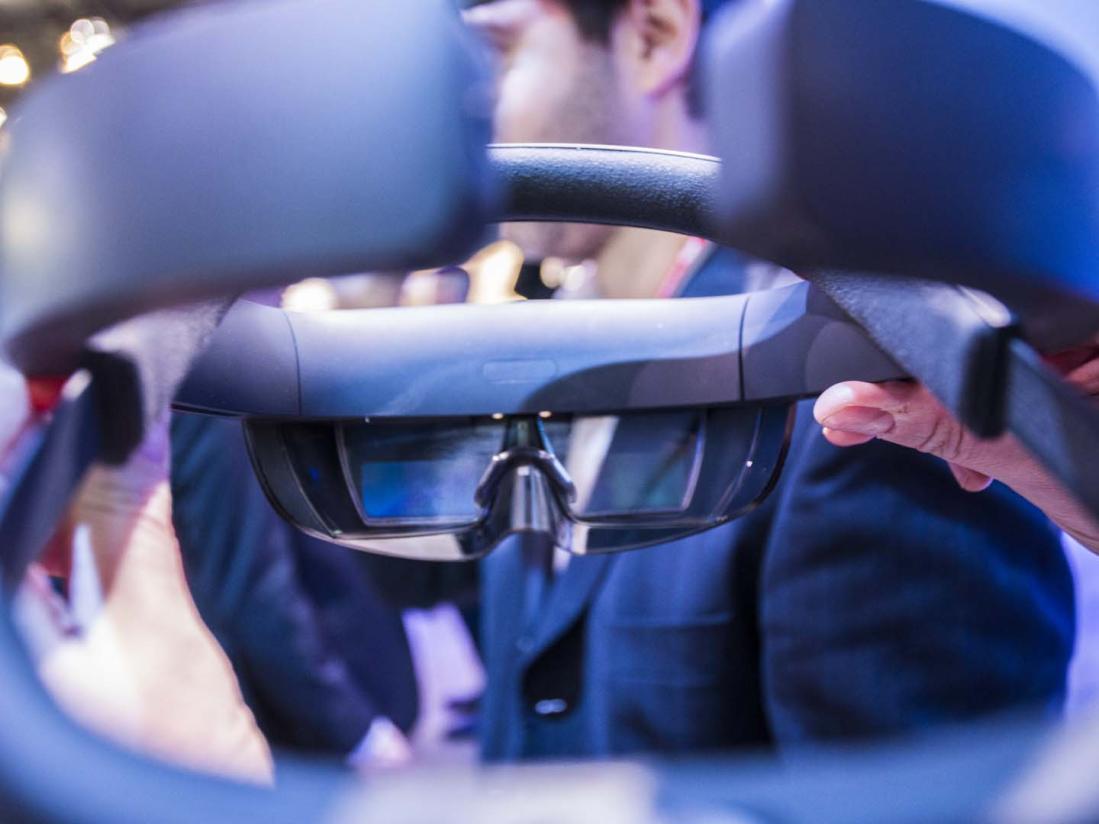Investigating the Role of AI and Hololens in Enhancing Legal Research and Analysis
The legal profession is undergoing a transformative shift, driven by the advent of Artificial Intelligence (AI) and Mixed Reality technologies like Hololens. These technologies hold immense potential to revolutionize legal research and analysis, enhancing efficiency, accuracy, and collaboration among legal professionals.

Understanding AI And Hololens
Artificial Intelligence (AI)
AI refers to the simulation of human intelligence processes by machines, including learning, reasoning, and problem-solving. AI-powered tools have become indispensable in various industries, and their impact on the legal sector is rapidly growing.
Hololens
Hololens is a mixed reality technology developed by Microsoft. It allows users to interact with digital content in the real world, creating an immersive experience. Hololens has the potential to transform legal analysis by enabling visualization and interaction with complex legal data and scenarios.
AI's Impact On Legal Research
AI-powered legal research tools are revolutionizing the way legal professionals conduct research. These tools leverage machine learning algorithms to analyze vast amounts of legal data, identify relevant information, and generate insights that would be difficult or impossible for humans to uncover manually.
- Automated Document Review and Analysis: AI can automate the review and analysis of legal documents, contracts, and case files, saving lawyers time and reducing the risk of human error.
- Legal Case Prediction and Outcome Analysis: AI algorithms can analyze historical case data and legal precedents to predict the likely outcome of a case, helping lawyers make informed decisions about litigation strategies.
- Contract Analysis and Risk Assessment: AI can analyze contracts and identify potential risks and obligations, assisting lawyers in drafting and negotiating more favorable agreements.
- Legal Research Assistants and Chatbots: AI-powered legal research assistants and chatbots can provide real-time assistance to lawyers, answering questions, summarizing legal documents, and generating research reports.
Hololens In Legal Analysis

Hololens offers a unique and immersive way to analyze legal data and scenarios. By overlaying digital content onto the real world, Hololens enables lawyers to visualize complex legal concepts and evidence in a three-dimensional space.
- 3D Visualization of Legal Documents and Evidence: Hololens can be used to create 3D models of legal documents, contracts, and evidence, allowing lawyers to examine them from different angles and perspectives.
- Interactive Simulations of Legal Scenarios: Hololens can be used to create interactive simulations of legal scenarios, such as courtroom proceedings or negotiations, enabling lawyers to practice their arguments and strategies in a realistic environment.
- Collaborative Legal Analysis in Virtual Environments: Hololens can facilitate collaborative legal analysis by allowing multiple lawyers to interact with the same digital content in a shared virtual space.
Collaborative Legal Research And Analysis
AI and Hololens have the potential to transform legal research and analysis into a collaborative process, enabling lawyers to work together more effectively and efficiently.
- Real-Time Collaboration: AI-powered platforms can facilitate real-time collaboration among lawyers, allowing them to share research findings, insights, and strategies in a seamless manner.
- Knowledge Sharing: Hololens can be used to create shared virtual environments where lawyers can share and discuss complex legal concepts and scenarios, fostering knowledge sharing and collective problem-solving.
- Remote Collaboration: AI and Hololens technologies enable lawyers to collaborate remotely, regardless of their physical location, breaking down geographical barriers and promoting teamwork.
Ethical And Practical Considerations

While AI and Hololens offer tremendous potential for enhancing legal research and analysis, there are also ethical and practical considerations that need to be addressed.
Ethical Concerns
- Bias and Fairness in AI Algorithms: AI algorithms can be biased, leading to unfair or discriminatory outcomes. It is crucial to ensure that AI systems are developed and deployed in a responsible and ethical manner.
- Data Privacy and Security: The use of AI and Hololens technologies involves the collection and processing of sensitive legal data. Ensuring the privacy and security of this data is paramount.
- Transparency and Accountability in AI Decision-Making: AI algorithms can make complex decisions that have significant implications for legal outcomes. It is essential to ensure transparency and accountability in AI decision-making processes.
Practical Challenges
- Cost and Accessibility of Technology: AI and Hololens technologies can be expensive to acquire and implement, posing a challenge for smaller law firms and legal departments.
- Training and Adoption by Legal Professionals: Lawyers need to be trained on how to use AI and Hololens technologies effectively. Overcoming resistance to change and promoting the adoption of these technologies among legal professionals is crucial.
- Integration with Existing Legal Systems and Processes: Integrating AI and Hololens technologies with existing legal systems and processes can be complex and time-consuming. Ensuring seamless integration is essential for successful implementation.
Future Prospects
The future of AI and Hololens in legal research and analysis is promising, with ongoing advancements and innovations expanding the possibilities of these technologies.
- AI-Powered Legal Research Platforms: AI-powered legal research platforms are becoming more sophisticated, offering advanced features such as natural language processing and predictive analytics.
- Hololens for Immersive Legal Training: Hololens can be used to create immersive legal training simulations, allowing law students and lawyers to practice their skills in realistic scenarios.
- AI and Hololens for Legal Dispute Resolution: AI and Hololens technologies have the potential to transform legal dispute resolution processes, enabling more efficient and effective negotiation and mediation.
AI and Hololens technologies are poised to revolutionize legal research and analysis, offering a range of benefits that can enhance efficiency, accuracy, and collaboration among legal professionals. While ethical and practical challenges need to be addressed, the transformative potential of these technologies is undeniable. As AI and Hololens continue to evolve, the legal profession will undoubtedly witness a paradigm shift in the way legal research and analysis are conducted.
YesNo

Leave a Reply